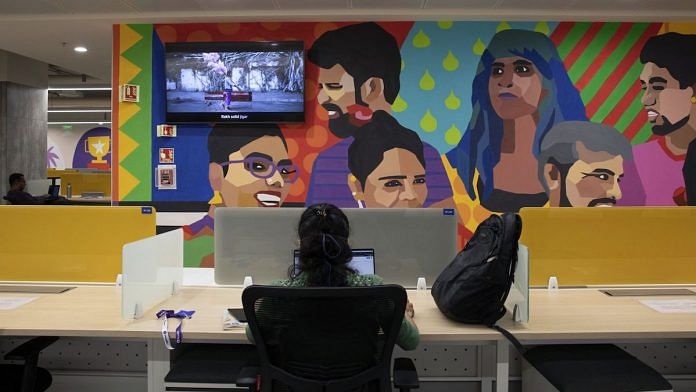Punjab’s new chief minister, Aam Aadmi Party’s Bhagwant Mann, recently expressed deep concern over brain drain from the state. Similar concerns were raised at a pan-India level in December 2021 when the Narendra Modi government tabled a report before Parliament stating that over eight lakh Indians had given up their passports since 2015. The tabling of this report coupled with Parag Agrawal’s appointment as Twitter’s CEO last year has triggered a debate on the infamous Indian brain drain.
“Brain drain” is a colloquial term used to describe large-scale migration of skilled human capital that causes a country to lose its innovative capabilities and limits its economic growth. This phenomenon assumes particular relevance in the case of developing countries because they are often in short supply of skilled people.
Why is this brain drain happening?
When this pattern was first witnessed in the 1960s, multiple pull factors such as better opportunities in terms of education, employment, standard of living, were attributed to the loss of intellectual capital from India. However, the Indian situation has changed drastically since the economic reforms of the 1990s. A corollary of these reforms was the creation of better employment opportunities and higher standards of living. Thus, it would be premature to disregard this movement as a search for greener economic pastures only.
The rationale for the current outflow lies in the composition of the exodus, which primarily consists of millennials, who, unlike their predecessors, are far more attracted to the social liberation offered by the host countries, which predominantly are Western liberal societies. The millennial generation, troubled by the rigid social structures of their home country, are forced to find refuge in Western societies, which provide them with much-needed social freedom coupled with better financial opportunities.
According to Global Wealth Migration Review nearly 5,000 Indian millionaires, i.e., 2 per cent of India’s high net worth individuals, have moved abroad in 2020.
Also read: Learning by rote, studying for marks results in non-ambitious workforce, brain drain
How Indian social structures contribute to brain drain
India’s social structure is impaired by the importance it ascribes to one’s social class, caste and kinship. Our society places social cohesion above individual freedom and, as a result, is reluctant to embrace change. A classic example of this is Indian corporations. They are predominantly family owned businesses, where key positions are assigned as per kinship rather than merit. As a result, talented individuals are often precluded from reaching higher echelons within such organisations.
A young person would find it easier to achieve a higher position in companies like Microsoft and Twitter than in companies like Reliance or Aditya Birla Group. In light of the same, Indian millennials have started looking towards the West, where owing to its liberal spirit, there is greater possibility to acquire a position of value.
Gender inequality is another unexplored aspect of our social structure that is contributing to the brain drain. The gender disparities that exist in education, labour force participation, and income levels in India have acted as push factors for skilled female migrants. India’s female labour force participation is as low as 22.8 per cent –a manifestation of a rigid division of labour that disproportionately places the responsibility of household and care activities on women. The structural oppression that women have to face in Indian social setups has led to a skewed sex ratio in labour force participation and has exacerbated the gender wage gap. It is owing to these disparities that women are deciding to leave India with no intention to return.
Also read: You know who’s really going local? Not RWA uncles, but Indian millennials
‘Gay brain drain’
Furthermore, Indian society is highly discriminatory when it comes to the LGBTQIA+ community and this has virtually contributed to a new variant of brain drain famously described as the ‘gay brain drain’. People from gender and sexual minorities are on the move towards societies where they are promised due rights and dignity.
Members of this community, owing to the homophobic treatment that is meted out to them, are often forced to choose a career path that would take them out of the country.
It is high time that we address the underlying problems of our social structure that have become a major roadblock in the development of the millennial generation and are pushing them out of the country. Creation of a liberal and tolerant society where a person’s caste, class and gender would not preclude them from realising their potential would certainly go a long way towards addressing these problems.
The author is a student at Faculty of Law, University of Delhi and a fellow at students for liberty fellowship for freedom. Views are personal.



